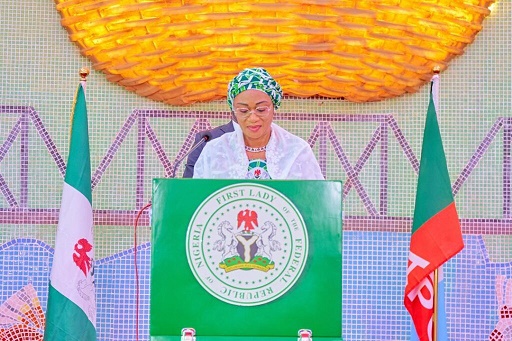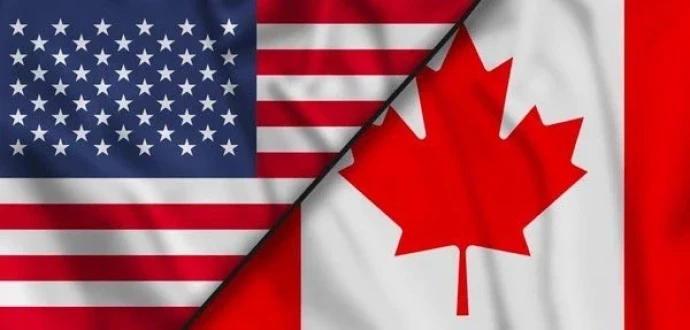Canada has announced it will scrap its controversial Digital Services Tax (DST) on U.S. tech giants, paving the way for the resumption of stalled trade negotiations with the United States.
In a statement released Sunday, Finance Minister Francois-Philippe Champagne confirmed the reversal of the tax, which had prompted U.S. President Donald Trump to abruptly end talks and threaten retaliatory tariffs on Canadian goods.
“Canada would rescind the Digital Services Tax (DST) in anticipation of a mutually beneficial comprehensive trade arrangement with the United States,” the government statement read.
The decision follows a joint understanding between Trump and Canadian Prime Minister Mark Carney to restart negotiations, with the goal of reaching a new trade agreement by July 21, 2025.
While there has been no immediate response from the White House, the Trump administration had previously indicated its strong opposition to the tax. On Friday, the U.S. president warned that Canada would be subject to new tariffs within a week due to the DST, which was set to take effect June 30.
Introduced last year, the three percent DST targeted major digital firms—including Alphabet, Amazon, and Meta—and was projected to generate CAN$5.9 billion (US$4.2 billion) over five years. The Computer & Communications Industry Association had warned that U.S. firms would be liable for multibillion-dollar payments under the tax.
Though Canada has so far avoided some of the sweeping tariffs imposed by the U.S. on other nations, it continues to face a separate trade regime. Since returning to office in January, Trump has reinstated steep levies on imports of steel, aluminium, and automobiles—sectors where Canada remains a key supplier to the U.S. market.










